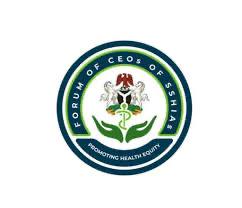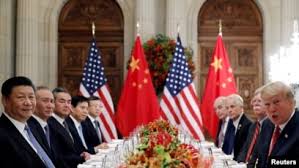The World Health Organization (WHO) is grappling with what its Director-General, Dr. Tedros Adhanom Ghebreyesus, has described as an unprecedented financial crisis, threatening the stability of global health systems and the delivery of essential services worldwide.
Speaking during a recent briefing, Dr. Tedros warned that global health financing is facing “the greatest disruption in memory,” following sharp reductions in funding from major donor countries, most notably the United States. The U.S., which was the WHO’s largest contributor responsible for around 18% of its total budget formally exited the organization earlier this year, compounding an already strained financial environment.
To mitigate the shortfall, the WHO has proposed a 21% budget cut for its 2026–2027 funding cycle, slashing its budget from $5.3 billion to $4.2 billion. This proposed reduction could trigger significant downsizing, including staff layoffs and scaled-back operations across key health programs.
“The current financial crisis risks reversing hard-won gains in global health,” Dr. Tedros said, stressing that the consequences would be most severe for low- and middle-income countries that depend heavily on WHO-coordinated assistance.
Beyond the WHO, the crisis is prompting broader discussions within the United Nations system. A leaked internal memo has revealed that the UN is considering a major structural overhaul of its agencies to streamline operations and reduce costs. This could include merging key humanitarian bodies such as the World Food Programme, WHO, UNICEF, and the UNHCR into a single, more centralized entity.
Already, there are signs of the impact. In eight countries, including Nigeria, Kenya, and Haiti, U.S. foreign aid cuts are threatening critical HIV treatment programs. According to the WHO, the disruption of these services could result in millions of new HIV infections and preventable deaths if alternative funding is not quickly secured.
Dr. Tedros called on the international community to respond urgently and decisively to the funding gap. He emphasized that securing sustainable financing is crucial not only for responding to emerging health threats but also for maintaining essential public health services globally.
The warning comes at a time when health systems are still recovering from the effects of the COVID-19 pandemic and are now under increased pressure from emerging outbreaks, climate-related health issues, and humanitarian crises.
As the WHO continues its advocacy for more predictable and long-term funding, health experts and policymakers around the world are being urged to prioritize global health investment as a matter of international security and shared responsibility.







